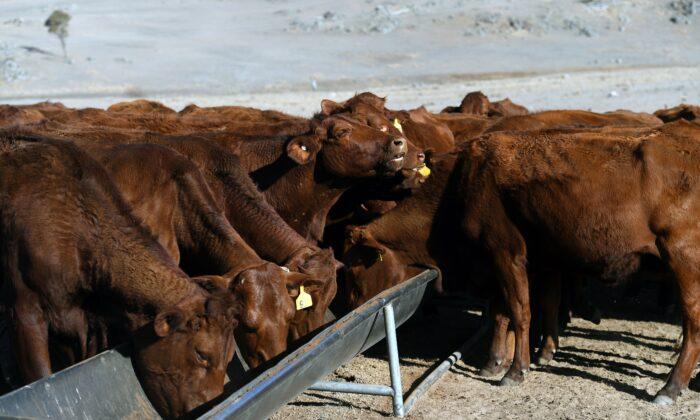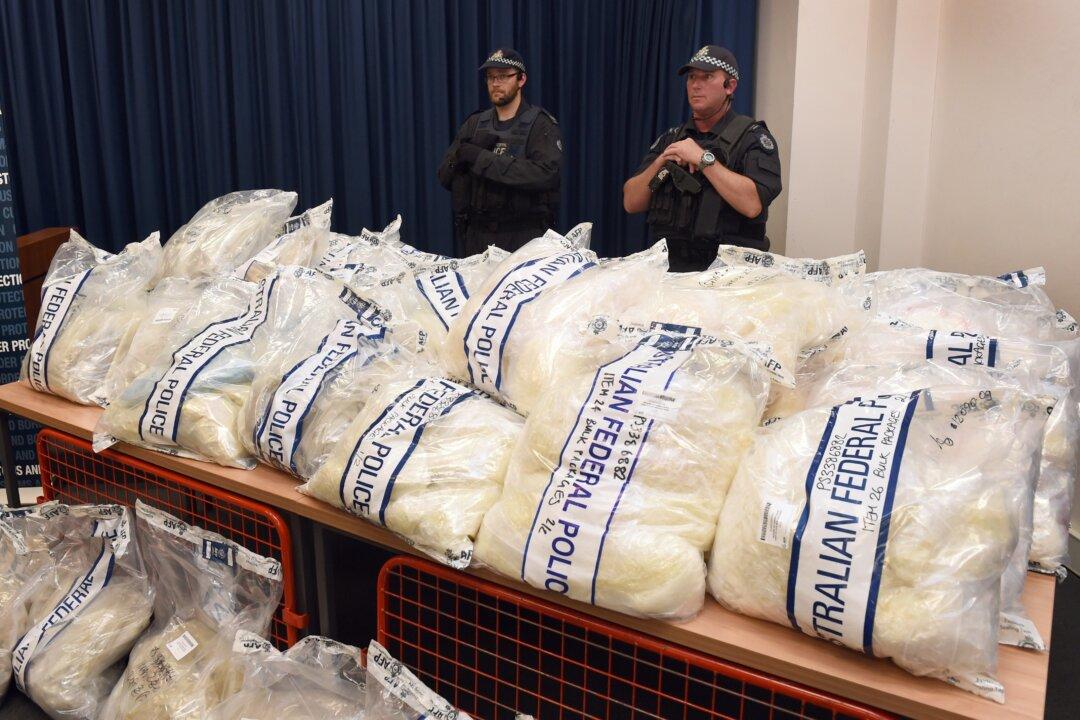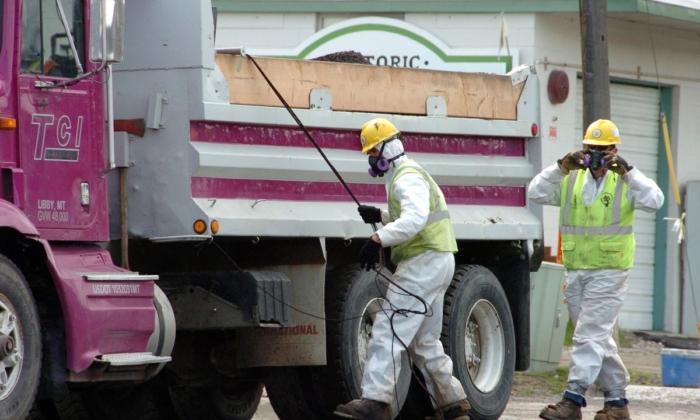Prime Minister Scott Morrison has pushed back against calls to intervene in the drought by offering freight and fodder subsidies, saying it is up to the states.
The prime minister is pushing back against calls to pump Commonwealth cash into freight and livestock food.
“If there is to be additional fodder and freight subsidies for those breeding herds, then that is what the state governments are directly responsible for,” Morrison told Sydney radio 2GB on Friday. “Our job is to look after the income support to the farming families themselves.”
Morrison said the government would continue to ramp up support for drought-stricken farmers.
“I wish and have prayed that it would have rained by now, but it hasn’t and it’s unlikely that it will very soon,” he said.
“Let’s hope it will in the not too distant future. But we will keep responding, we will keep adding things.”
“The government, whether it’s state, federal, or anyone else, we can do a lot of things to help people try and get through this, but the government cannot make it rain and the government can’t make life as it was before the drought, and if anyone is suggesting that could be done, then they are lying to the people of rural and regional Australia.
“That is an unrealistic expectation,” Morrison said.
“We want the farmers and the communities to be able to get through this drought but we can’t kid ourselves that there’s a magic wand and a magic cash splash that is going to make this thing totally solved.”
Labor deputy leader Richard Marles said the government was “asleep at the wheel” when it came to the drought.
“All we have got here is business as usual, but there is nothing usual about this drought,” he told the Nine Network.
“Tenterfield (NSW) is going to run out of water by Christmas, so what is this government actually doing?”
The National Farmers’ Federation handed the government its new drought strategy on Oct. 16 that suggests clear definitions for roles and responsibilities across all tiers of government for future droughts.
NFF president Fiona Simson said the framework would provide certainty for drought-affected people.
“This policy is not the panacea for this drought,” she told reporters in Canberra. “This drought is unplanned and the actions of government are unplanned. That’s due to previous governments before them.
“It’s something until now every government has shirked. So we congratulate the Morrison government on their willingness to embrace and approach this national drought strategy.”
Greens politicians in federal Parliament have grilled the government this week about the role of climate change in drought.
“That may not be what you read in the newspapers and sometimes hear commented, but there is no reason a priori why climate change should made the landscape more arid,” Pitman said.
“If you look at the Bureau of Meteorology data over the whole of the last one hundred years there’s no trend in data. There is no drying trend.
“There’s been a trend in the last twenty years, but there’s been no trend in the last hundred years, and that’s an expression on how variable Australian rainfall climate is.
He added, “The fundamental problem we have is that we don’t understand what causes droughts. Much more interesting, we don’t know what stops a drought. We know it’s rain, but we don’t know what lines up to create drought-breaking rains.”






Friends Read Free